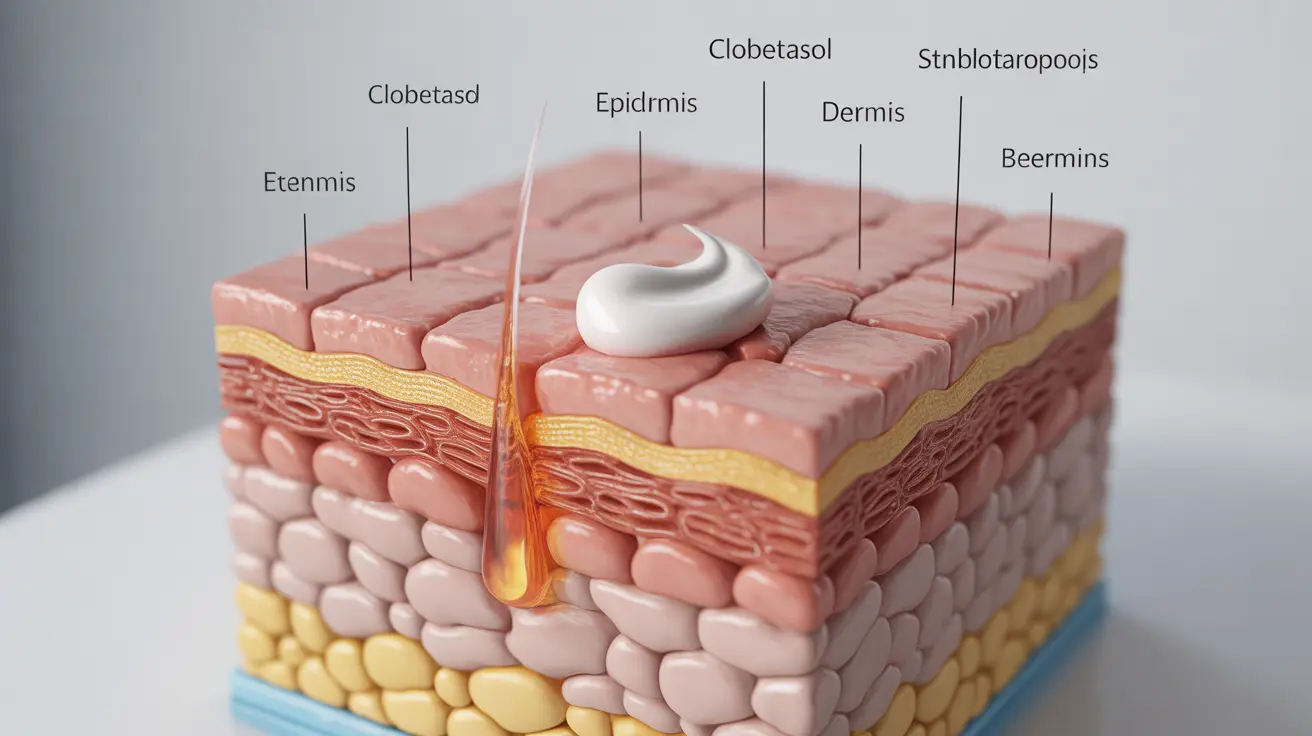GetLabTest News
Symptom Analysis
Interpreting Test Results
Diseases & Symptoms
Health Queries Answered
All
Latest
How to Be a Better Person and Be Happy: A Complete Guide to Personal Growth
Explore essential strategies on how to be a better person and be happy through mindfulness, empathy, and personal growth techniques.

Discover how long clobetasol takes to absorb into skin and optimize your treatment for best results.
Interpreting Test Results
min read

Discover how chest X-rays aid TB testing and what to know about the procedure and results.
Interpreting Test Results
min read

Discover causes and solutions for when a baby sounds hoarse but not sick. Expert guidance included.
Diseases & Symptoms
min read

Understand the differences between nummular eczema vs ringworm, including diagnosis and treatments for both conditions.
Diseases & Symptoms
min read
